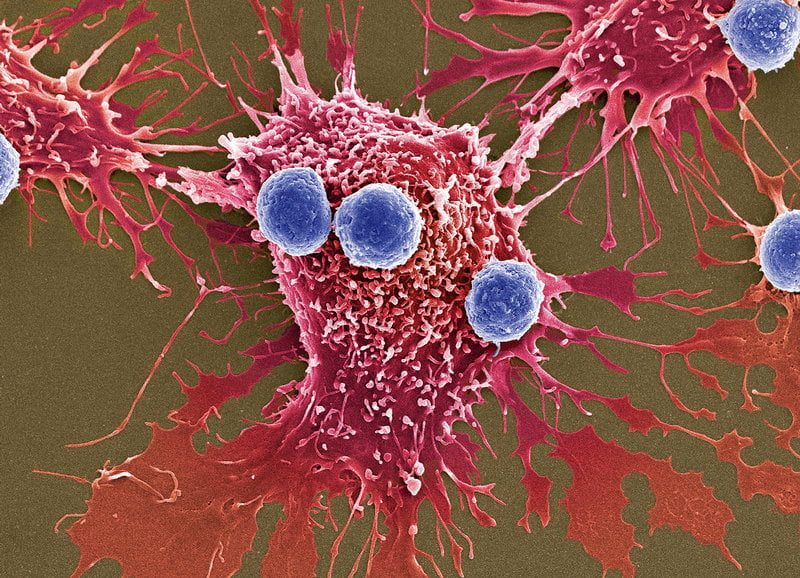
The Food and Drug Administration on Wednesday announced what the agency calls a “historic action” — the first approval of a gene therapy in the United States.
The FDA approved Kymriah, which scientists refer to as a “living drug” because it involves using genetically modified immune cells from patients to attack their cancer.
The drug was approved to treat children and young adults suffering from acute lymphoblastic leukemia, a cancer of blood and bone marrow that is the most common childhood cancer in the United States. About 3,100 patients who are 20 and younger are diagnosed with ALL each year.
“We’re entering a new frontier in medical innovation with the ability to reprogram a patient’s own cells to attack a deadly cancer,” FDA Commissioner Scott Gottlieb said in a written statement.
“New technologies such as gene and cell therapies hold out the potential to transform medicine and create an inflection point in our ability to treat and even cure many intractable illnesses,” Gottlieb said.
The treatment involves removing immune system cells known as T cells from each patient and genetically modifying the cells in the laboratory to attack and kill leukemia cells. The genetically modified cells are then infused back into patients.
“Kymriah is a first-of-its-kind treatment approach that fills an important unmet need for children and young adults with this serious disease,” said Peter Marks, director of the FDA’s Center for Biologics Evaluation and Research.
“Not only does Kymriah provide these patients with a new treatment option where very limited options existed, but a treatment option that has shown promising remission and survival rates in clinical trials,” Marks said in the FDA statement.
The treatment, which is also called CTL109, produced remission within three months in 83 percent of 63 pediatric and young adult patients. The patients had failed to respond to standard treatments or had suffered relapses. Based on those results, an FDA advisory panel recommended the approval in July.
The treatment does carry risks, however, including a dangerous overreaction by the immune system known as cytokine-release syndrome. As a result, the FDA is requiring strong warnings.
In addition, the treatment will be available only at hospitals and clinics that have been specially trained in administering the therapy.
Patient advocate groups have expressed concern that the treatment could be the most expensive drug ever sold in the United States. One group, Patients for Affordable Drugs, said the group met Tuesday with Novartis, which makes the drug, to discuss the price.
“[The] meeting with Novartis was disappointing, although not surprising,” David Mitchell, founder and president of the group, said in a statement.
“Instead of a discussion about how to arrive at a fair price … Novartis spent most of the meeting explaining why it needs to charge an astronomical price,” he said. “Based on the meeting we just had, we believe [the] drug could be one of the most expensive drugs ever brought to market.”
Novartis, which developed the drug, says a one-time treatment will cost $475,000 for patients who respond. People who did not respond would not be charged, the company says.
Source:-NPR
